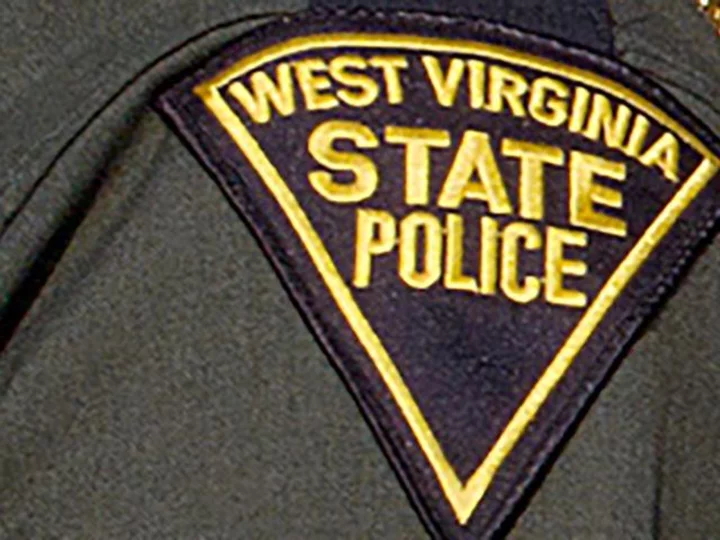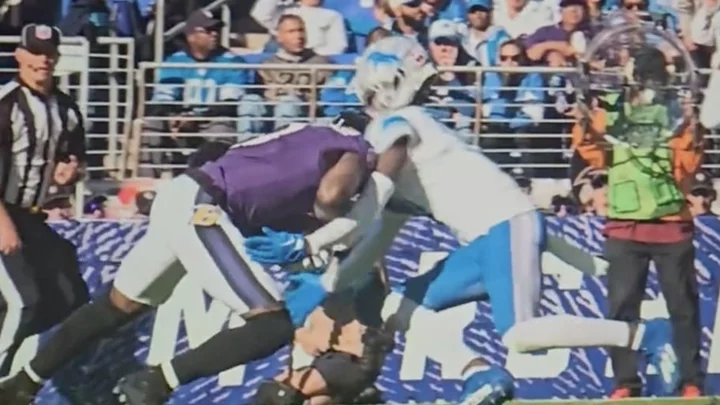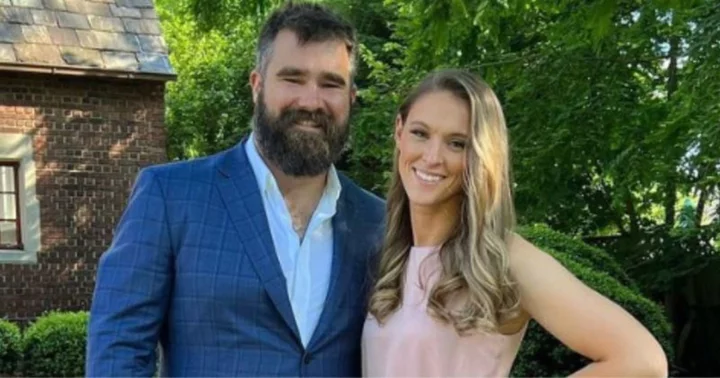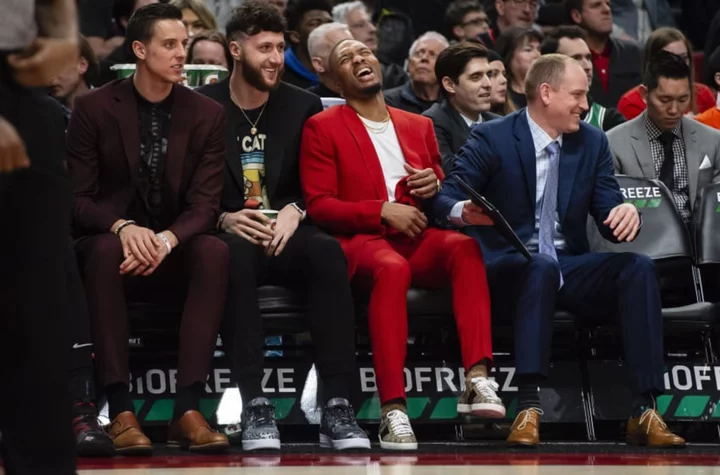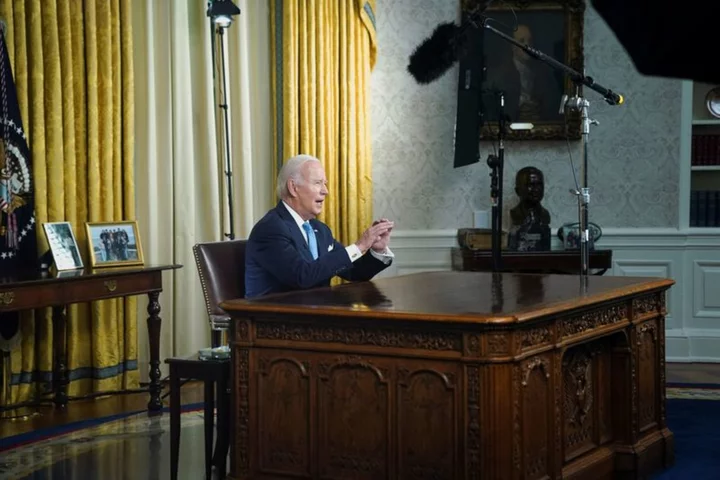If Megan Talkington's daughter told her mother she wanted to be in law enforcement, the veteran police officer in West Virginia says she knows exactly her response.
"I would tell her, 'No.' I would not want my daughter to walk through the halls of the West Virginia State Police Academy until there's reform. I just don't think she'd be safe," Talkington told CNN in an exclusive interview.
Talkington and fellow law enforcement officer, Brenda Lesnett, are the first women to speak publicly about a scandal that has erupted in the state, and are among the first to take civil action against the West Virginia State Police.
The State Police is being accused of fostering a "culture of misconduct toward women" in its ranks, including the placement of a hidden video camera inside a women's locker and shower room, according to a civil lawsuit filed Thursday.
The lawsuit, filed in the Circuit Court of Kanawha County, identifies the plaintiff as Jane Doe, a current state police employee who "is known to have been videotaped while using the female shower and locker facilities at the training academy."
Attorney Teresa Toriseva, who filed the suit on behalf of her client, said she's also representing about 70 other women -- including minors who participated in a junior program at the academy -- who have made similar allegations.
Talkington and Lesnett plan to file their complaints in the coming days, according to their attorney.
"It's a hostile, misogynistic, toxic environment," Toriseva said, referring to the state police and training academy. "That's not just male-dominated, it's anti-woman."
State Police declined comment, citing the "ongoing investigation and litigation." Police are investigating the allegations of wrongdoing, as is the West Virginia Department of Homeland Security.
CNN has not received responses to requests for comment from Homeland Security or the office of Gov. Jim Justice.
Governor pledges to 'clean up the bad stuff'
The use of a hidden video camera came to light after anonymous letters to the governor's office and other state officials accused police brass of widespread misconduct, including the destruction of the hidden camera and a hard drive containing hours of video showing female students and troopers using the shower and locker facilities.
In March, Justice publicly admitted the use of the camera and hard drive and ordered an investigation.
"There was three troopers that found a thumb drive and absolutely from that they found the video, and then from what I understand one, if not all, you know, immediately jerked the thumb drive out and threw it on the floor and started stomping on it... You can't make this stuff up," Justice told reporters at the time, shaking his head in disbelief.
The lawsuit accused members of the State Police of "knowingly, wantonly and intentionally" destroying evidence of the video recordings. The complaint also said the plaintiff "will likely never know with certainty whether the recordings of her in the female shower and locker facilities ... still exist, who has those recordings, who has viewed those recordings, and whether they will ever be released to the public and/or posted online."
Justice replaced the head of the State Police and blamed a high-ranking academy official who died in 2016.
Toriseva said she believes others had to be involved and accused officials of "blaming somebody who can't speak for themselves."
The state Homeland Security Department and the state police launched separate investigations into the matter.
"Maybe there's no way to recover evidence, but we ought to try... because we're absolutely better than this," said Justice, referring to evidence that was allegedly destroyed.
Justice vowed to weed out those responsible for wrongdoing and urged the public to support the State Police.
"They don't need to have rocks thrown at them," Justice said. "These people are doing good work, and they're doing good work every day. We should stand rock solid behind them and we'll clean up the bad stuff."
'I still feel exposed'
Toriseva said her office plans to file additional lawsuits that will include allegations of sexual and physical assaults against women at the State Police. She said about 15 of the 70 females she represents were minors during their time at the academy. The allegations involving the secret video recording date back at least several years, she said.
"We think that the story that has been told is not the full story, that it's much worse, that there were more people involved," Toriseva said. "We think there's a cultural problem."
Lesnett, who also works at another agency and has been in law enforcement since graduating from the West Virginia academy in 2016, said she was "shocked" and "appalled" to learn about the recordings.
"And the more I thought about it the angrier I got," she said.
"Sitting here today, I still feel exposed. And I'm constantly wondering who's going to see me next? Who has already seen me. It's very nerve-racking."
The uncertainty consumes her, she said.
"Am I going to have to deal with this the rest of my life? Ten years from now is it going to show up on the dark web?" Lesnett asked.
"Every woman that has gone through the academy or for law enforcement training is a victim."
Both Talkington and Lesnett said they fear reprisals for speaking out.
"I fear Brenda and I are going to have a target on our backs," Talkington said.
"My biggest fear is that no one comes forward because of retaliation," said Lesnett. "If I were to just leave, what does that show the young generations? I want them to say I stuck up for the females in law enforcement and I'm helping make this environment better so that they can have a future."

